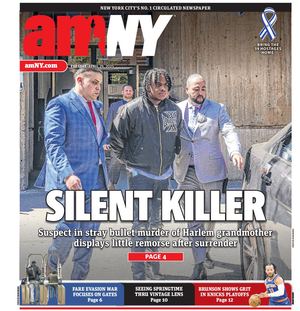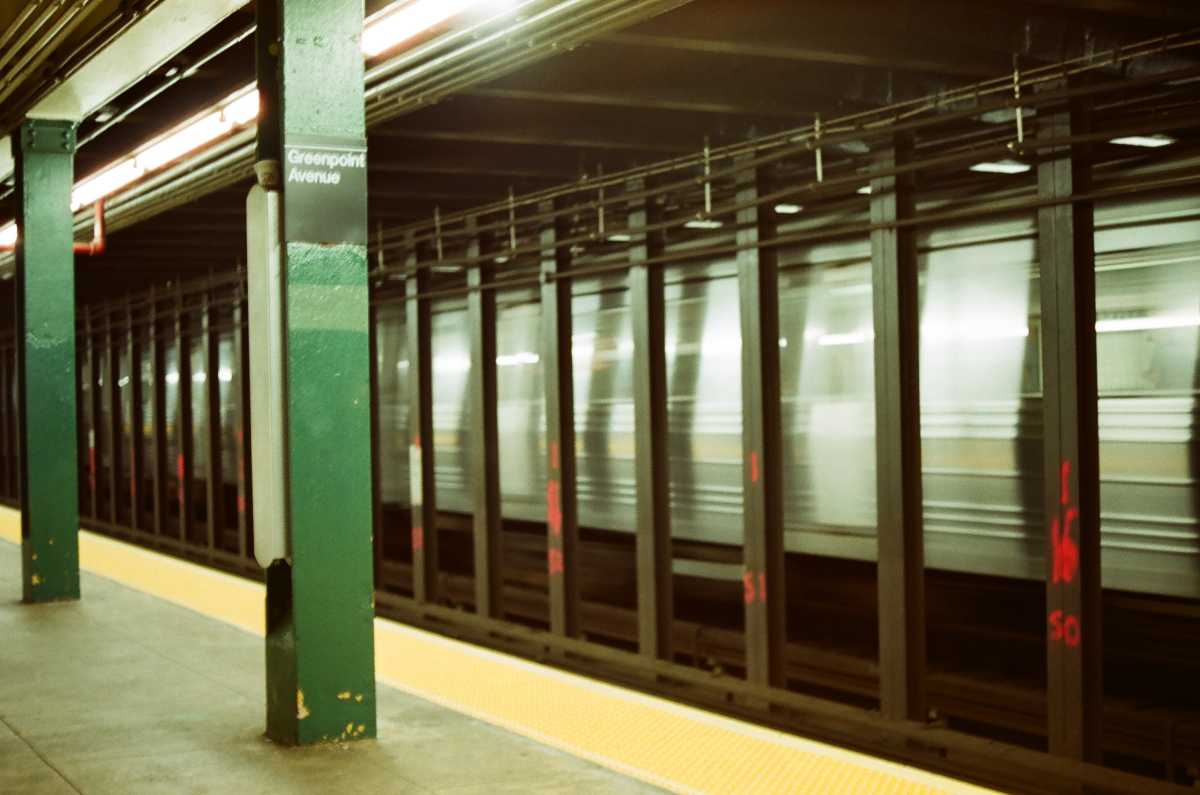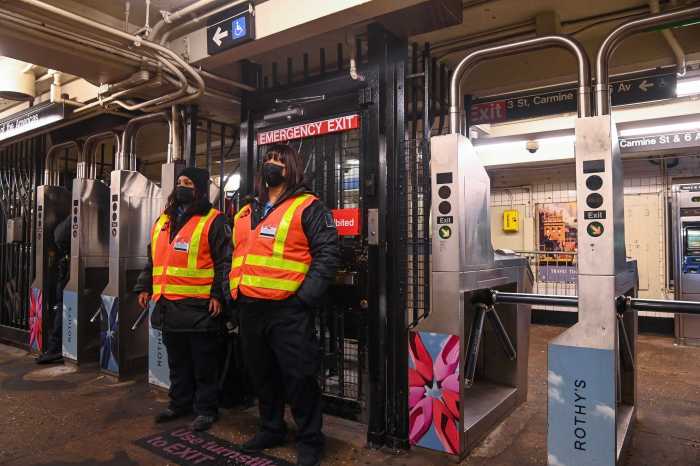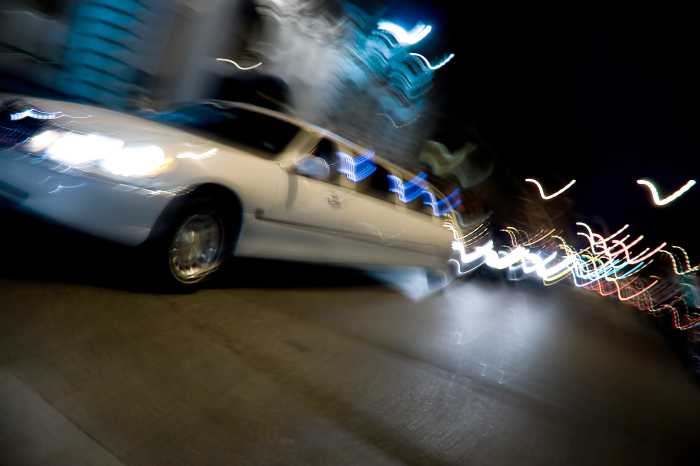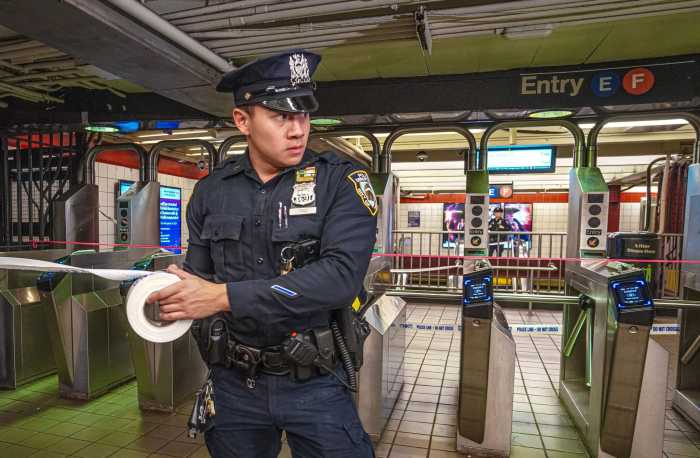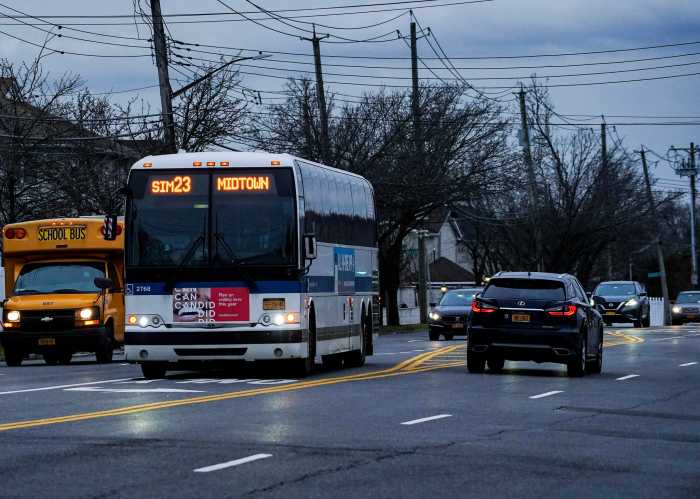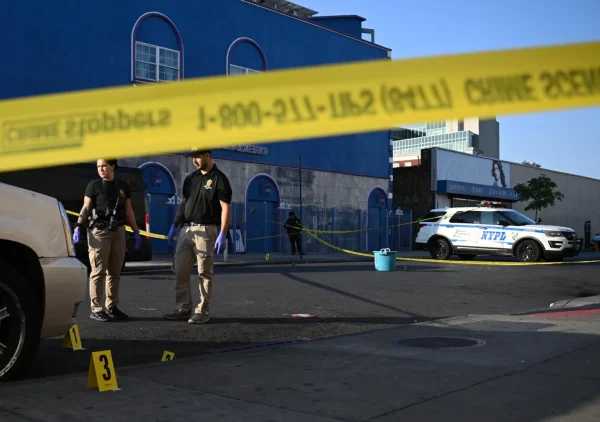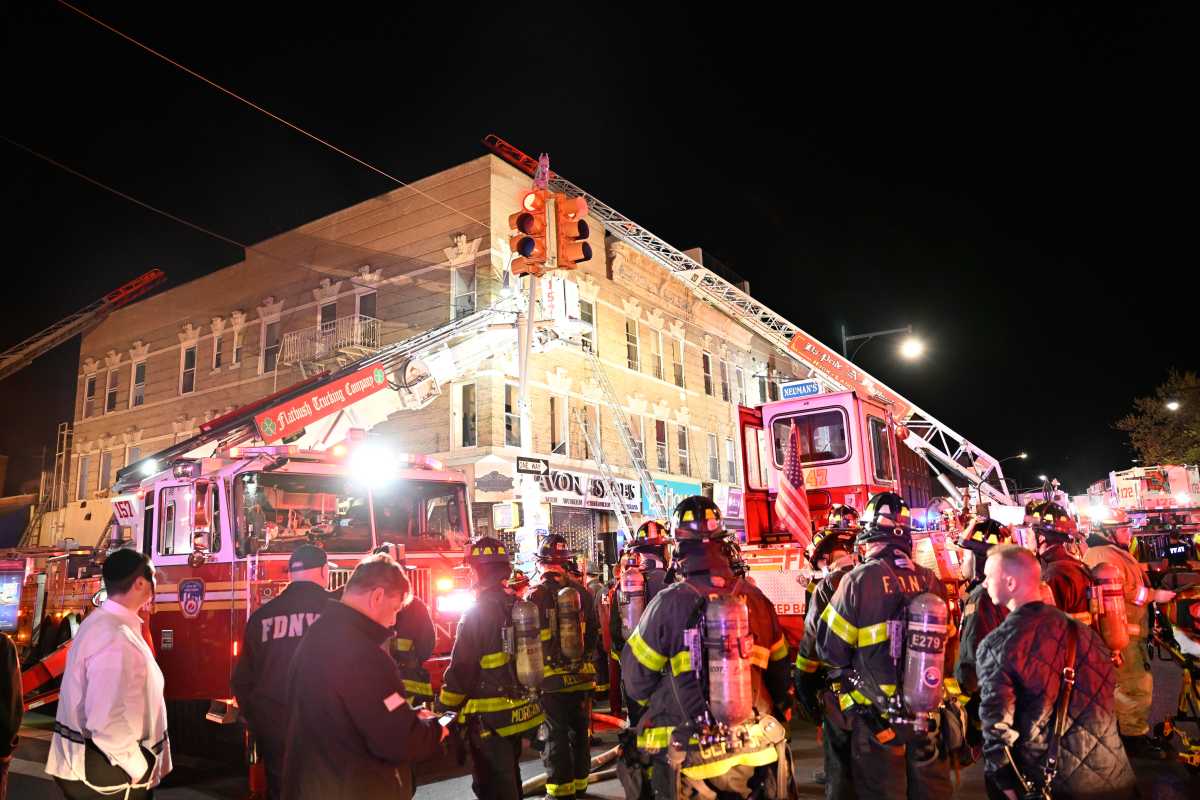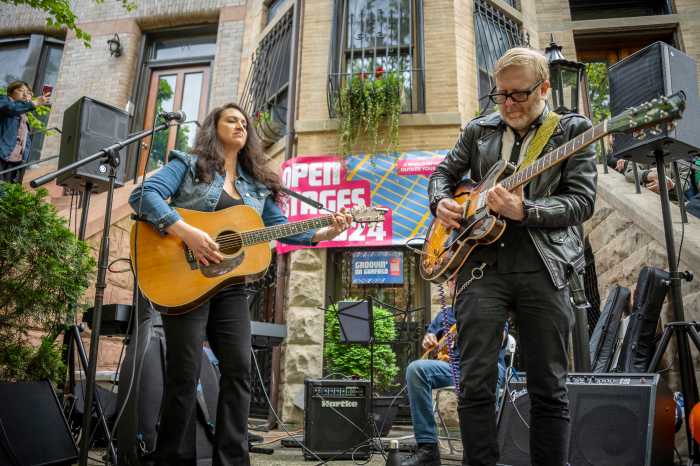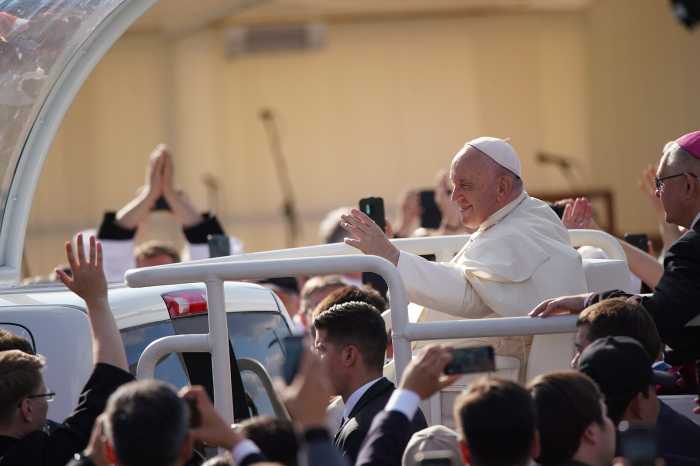Transit advocacy groups claim in a study that 78 percent of workday commutes in 2019 were plagued by subway signal problems that cause delays — but the MTA has dismissed the findings as a product of flawed logic.
Riders Alliance, and a coalition of other groups, crunched the numbers on transit alerts data from throughout 2019 and held a Monday press conference that called for a timetable for signal upgrades included in the $51 billion capital plan.
Four out of five morning commutes were disrupted by at least one signal failure, the advocates said. The MTA, however, said the study clashes with its own data.
According to the MTA, one signal disruption in one of the largest transit networks in North America is not as significant as the study would have made it seem. The subways see an average of 8,268 train runs every weekday and boast over 11,000 signals, the agency pointed out.
“As they say the devil is in the details and the reality is the methodology of this report is deeply flawed,” an MTA spokesman said. “Subway service improved dramatically throughout 2019, with the best on–time performance since 2013 at more than 80 percent for six straight months, and we’re accelerating an unprecedented modernization of the signaling system using brand new technologies and approaches such as axle counters and the bundling of multiple projects to do the work faster and more affordably.”
The Riders Alliance acknowledged that since Governor Andrew Cuomo’s emergency Subway Action Plan was announced in June 2017, signal delays had improved from 92 percent in 2018 to the more current 78 percent.
The plan pumped $800 million toward bringing existing infrastructure into a state of good repair and an increased effort toward removing garbage on tracks. But the plan is set to expire on Jan. 15, and transit advocates are keeping the pressure on the MTA and Albany to continue funding infrastructure improvements.
“Four out of five mornings with signal problems is still pretty bad,” Riders Alliance Policy Director Danny Pearlstein said. “The governor needs tell us when we can expect meaningful improvements. With congestion pricing coming and the MTA Capital Program approved, New Yorkers need to know when signal upgrades will happen on subway lines across the city.”
The MTA has made advances toward upgrading the signal system in the last two years, having replaced older signals on multiple lines with communication-based train control (CBTC) such as on the L train and the 7 train.
CBTC has been shown to facilitate higher capacity on subway lines allowing for more trains to run closer together.
But the new signal system is not fool-proof.
Last week, planned work near the 42nd Street – Grand Central led to one of the signaling transponders to be misplaced by up to 100 feet. Trains making their way along the 7 line lost track of the location of one train and caused disruptions for hours.
The MTA said Monday it awarded a $246 million contract to install CBTC on the A/C/E lines serving Manhattan and Brooklyn.
